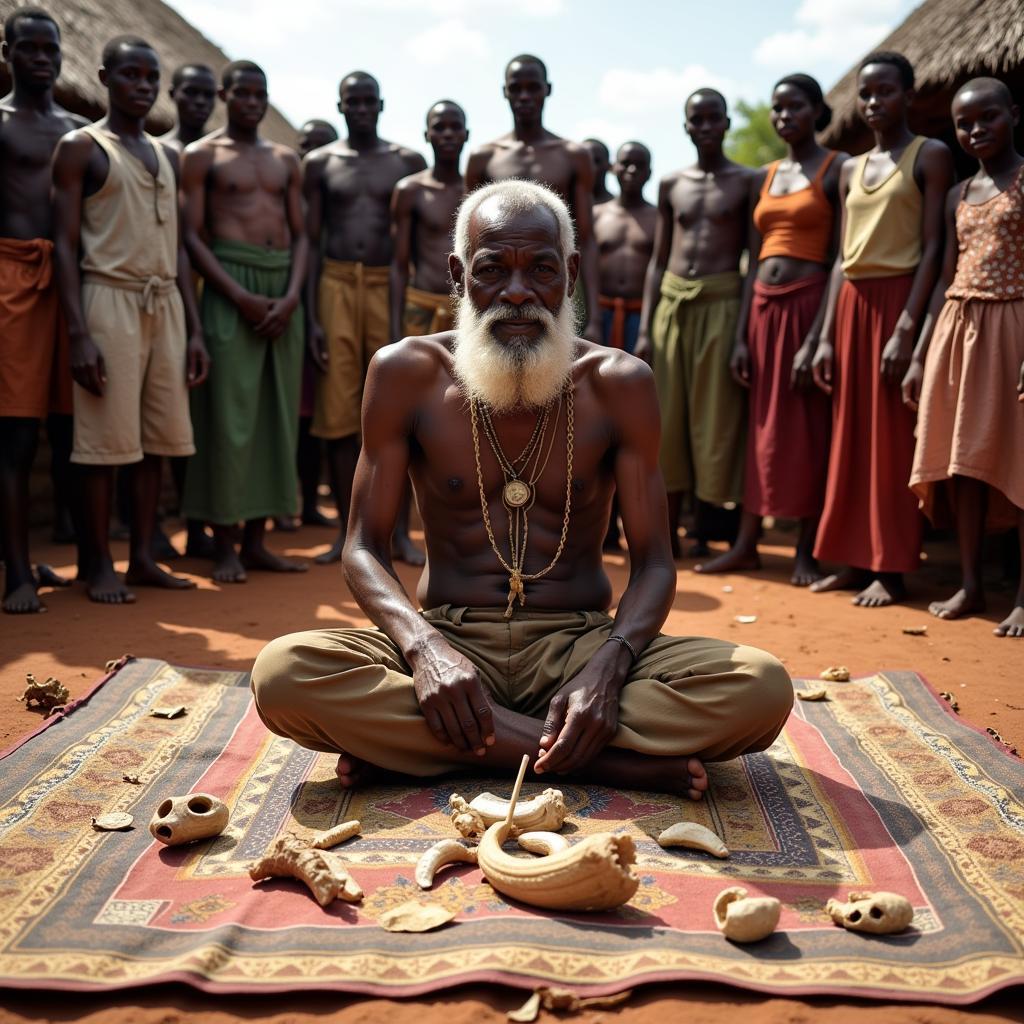African American Churches in Akron, Ohio: A Rich History and Vibrant Community
Akron, Ohio, is home to a thriving African American community, and a significant part of its cultural fabric is woven through its numerous churches. These institutions have played a vital role in the city’s history, serving as spiritual anchors, community centers, and catalysts for social change. This article delves into the fascinating history, diverse denominations, and enduring impact of African American churches in Akron, Ohio.
A Legacy of Faith and Resilience
African American churches in Akron have roots dating back to the early 20th century when the city witnessed a surge in Black migration during the Great Migration. Seeking better opportunities and escaping Jim Crow laws in the South, many Black families settled in Akron, bringing with them their faith and traditions. Churches quickly became central to the Black community, offering solace, support, and a sense of belonging in a society that often excluded them.
Early Pioneers and Growth
Some of the earliest African American churches in Akron include:
- The Mount Zion Baptist Church, established in 1906, stands as one of the oldest Black churches in the city.
- The St. Paul A.M.E. Church, founded in 1910, has been a cornerstone of the Black community, providing spiritual guidance and community services.
- The Macedonia Baptist Church, established in 1922, has been a beacon of hope for generations of Akron residents.
These churches, along with many others that emerged over the years, became integral to the social and cultural development of the Black community in Akron. They served as gathering places for worship, education, and community organizing. They provided a safe space for Black people to express their faith and culture without fear of discrimination.
A Tapestry of Denominations
The African American church landscape in Akron is characterized by a diversity of denominations, each with its unique theological perspectives and traditions. Some of the prominent denominations include:
- Baptist: Baptist churches, known for their emphasis on individual salvation and believer’s baptism, have a strong presence in Akron.
- African Methodist Episcopal (AME): AME churches, tracing their roots to the early days of American slavery, are known for their commitment to social justice and racial equality.
- Church of God in Christ: COGIC churches, known for their Pentecostal traditions, offer a vibrant worship experience characterized by spiritual gifts and divine healing.
- United Methodist: United Methodist churches, while not exclusively Black, have a significant number of African American congregations in Akron, emphasizing social justice and service.
This diversity enriches the religious life of the city and reflects the diverse experiences and beliefs within the African American community.
A Force for Social Change
Throughout their history, African American churches in Akron have been powerful voices for social change. They played a crucial role in the Civil Rights Movement, providing support and leadership for the fight against segregation and discrimination. Churches served as meeting points for organizing protests, voter registration drives, and community outreach programs.
Dr. John L. Nelson: A Champion of Social Justice
“The church must be a force for good in the community. It must stand up for the rights of all people,” said Dr. John L. Nelson, a prominent pastor and community leader in Akron. Dr. Nelson’s tireless efforts to advance social justice, through the church and community organizations, have left an enduring legacy in Akron.
An Unwavering Presence Today
Despite the challenges and changes of the times, African American churches in Akron remain vibrant and influential institutions. They continue to provide spiritual guidance, community support, and a sense of belonging for many residents. They also offer a wide range of programs and services, including:
- Youth and adult education: Churches offer educational programs to empower individuals and families.
- Community outreach: Churches provide essential services like food banks, clothing drives, and health screenings.
- Social justice activism: Churches continue to advocate for racial justice, economic equity, and other social issues.
Connecting with African American Churches in Akron
For those seeking a spiritual home or wishing to learn more about the vibrant African American churches in Akron, here are some resources:
- Akron Urban League: The Urban League can provide information on local churches and community resources.
- Akron Beacon Journal: The local newspaper often features articles about churches and their events.
- Online directories: Websites like Yelp and Google Maps can help you locate churches near you.
Exploring the rich history and vibrant present of African American churches in Akron offers a window into the city’s soul and the resilience of its Black community. These institutions stand as testaments to faith, community, and the unwavering pursuit of justice.
FAQ
- Q: How many African American churches are there in Akron?
A: There are numerous African American churches in Akron, with a wide range of denominations. While an exact number is difficult to pinpoint, their presence is significant and deeply embedded in the city’s cultural fabric. - Q: What are some of the key events that have shaped African American churches in Akron?
A: Key events include the Great Migration, the Civil Rights Movement, and the ongoing challenges of social justice. These events have shaped the churches’ role as spiritual centers, community organizers, and advocates for change. - Q: How can I get involved with an African American church in Akron?
A: Visiting a church during a service is a great way to connect. Many churches also host community events and outreach programs open to the public.
Conclusion
African American churches in Akron represent a legacy of faith, resilience, and community. They have played a pivotal role in shaping the city’s history and continue to be a vital force for social justice and spiritual nourishment. Exploring their diverse traditions, unwavering commitment to community, and enduring impact offers a glimpse into the heart and soul of Akron’s Black community.

